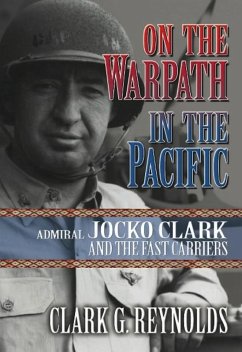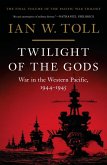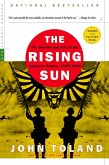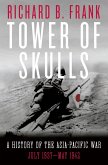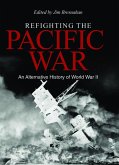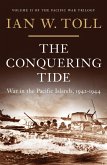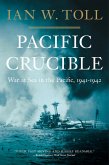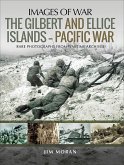When J.J. Clark graduated from the U.S. Naval Academy at the end of World War I he was ready to be a pioneer in one of the great transformations of the U.S. Navy in the twentieth century -the change from a surface-only force to one in which aviation played a key if not determinant role. Under the leadership of the key aviation admirals, William Moffett and John Towers, "Jocko" Clark with other aviation-minded officers battled low budgets and unsympathetic policy makers to champion the development of naval aviation during the 1920s and 30s. Pearl Harbor proved them right. As captain of the new Yorktown (the original was sunk at Midway), Clark provided aggressive leadership in the capture of the Gilbert and Marshall Islands. As a carrier task group commander, Clark was instrumental in the brilliant victory at the Battle of the Philippine Sea, which included the Marianas Turkey Shoot. He withstood numerous kamikaze attacks at Iwo Jima and Okinawa while seeing that Japan's airpower was destroyed. After the war he was instrumental in salvaging naval aviation from the attacks of other services and policy makers. During the Korean War he served as Commander Seventh Fleet in the all-important naval air support of that conflict. Naval historian Clark Reynolds is particularly well placed to write this book because he had access to family papers and was co-author of the Admiral Clark's autobiography.
Dieser Download kann aus rechtlichen Gründen nur mit Rechnungsadresse in A, D ausgeliefert werden.

